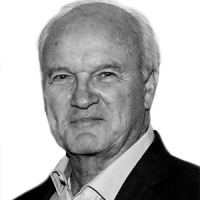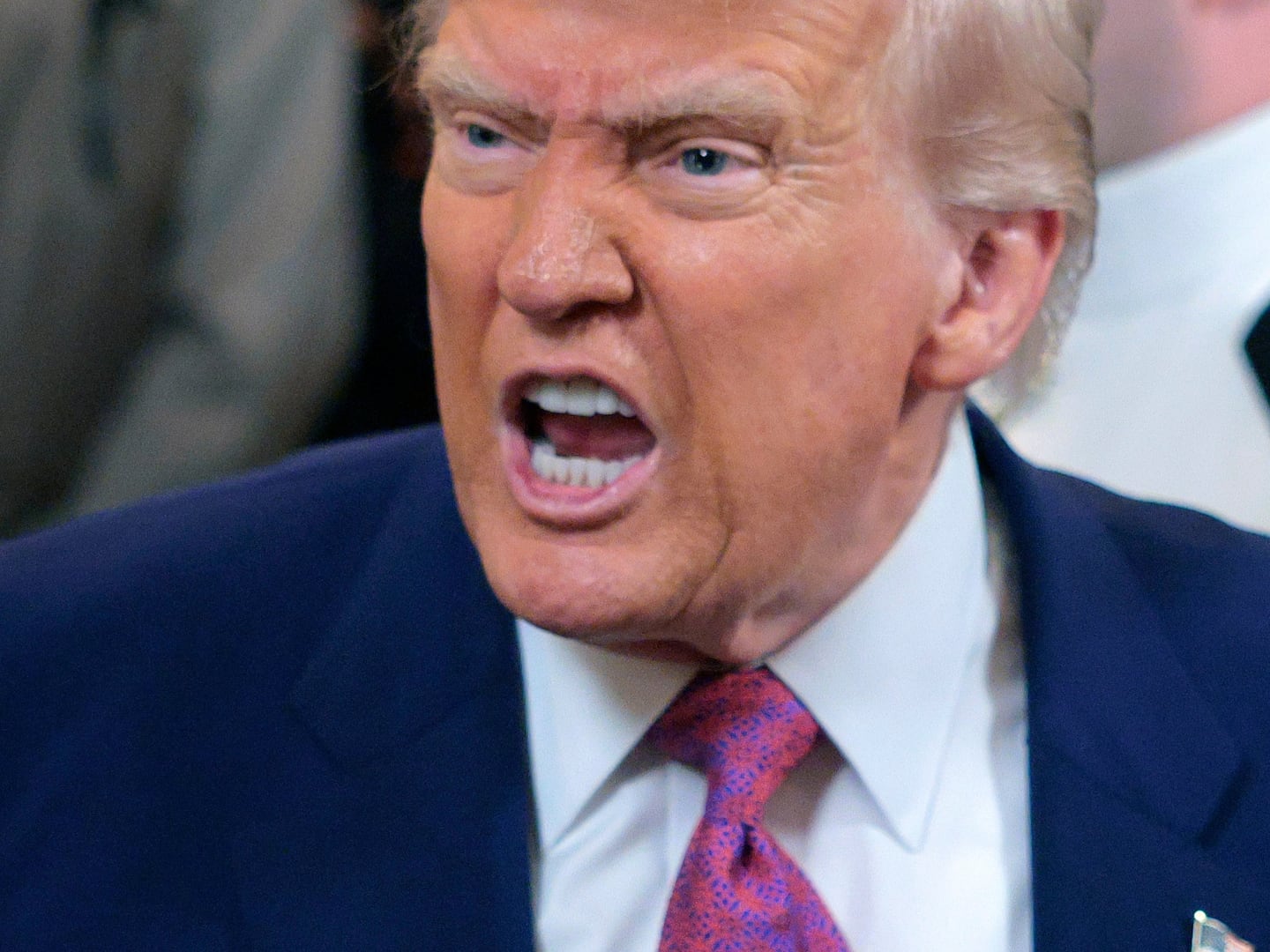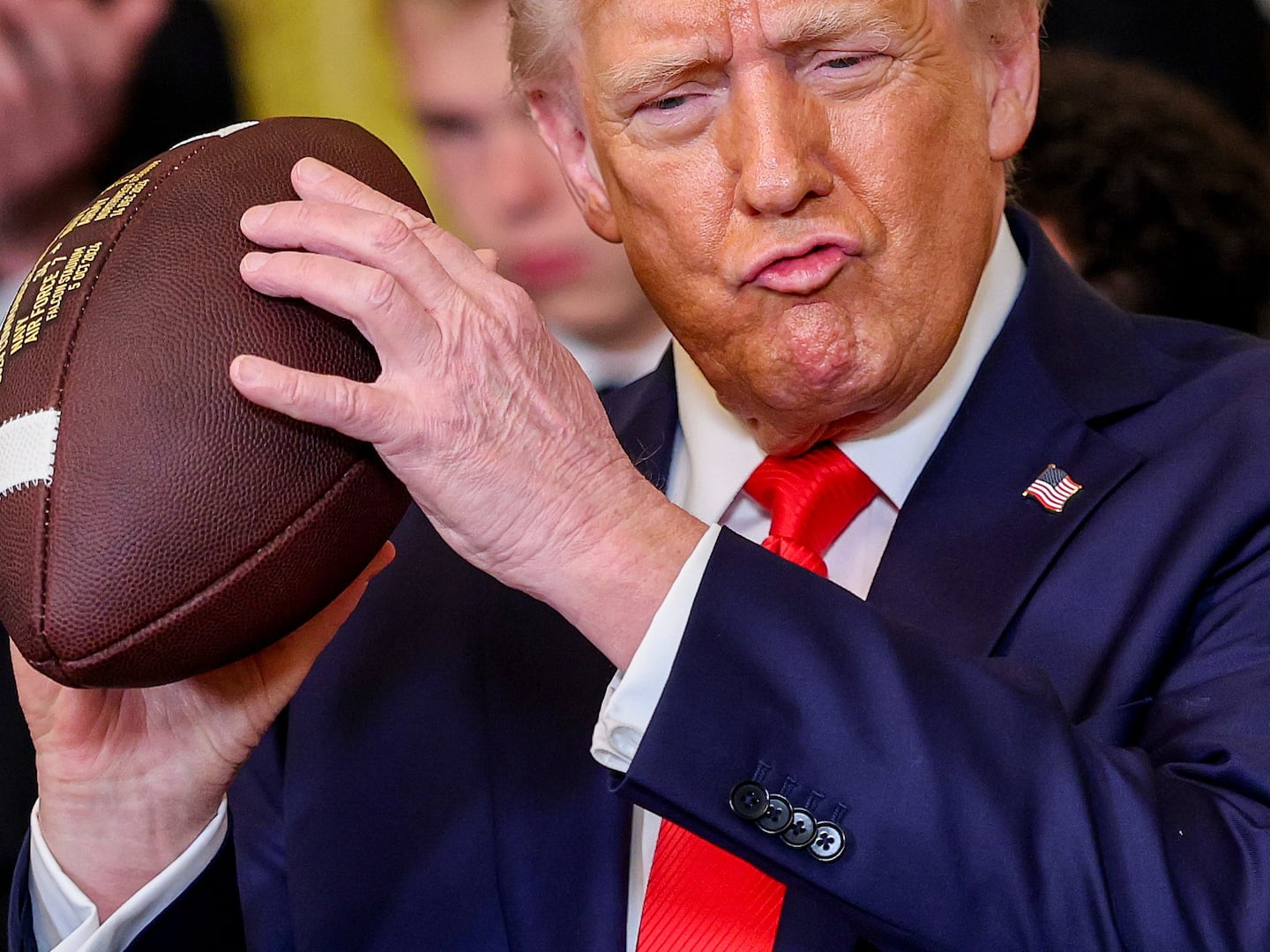Maybe you saw it. Maybe it caught your eye and caused you to stop for a moment, to think about the image and the damage that was so evident. But it was taken in August, the heart of summer and there were picnics and pennant races, a week of vacation, family demands for fun, the beach, for a day without a bill in the mail, for back-to-school shopping or the dread of taking your oldest child off to college for the very first time and the loneliness that might fill your soul. So you might not remember it.
It’s OK if the picture stopped you in your tracks for only a moment. It was taken a world away from the flood of news we get each second of every day about Clinton and Trump and school shootings and why we should fear terrorist attacks and the lingering anxiety of the shrinking dollar of working people being crushed by an incompetent core of life-long politicians in Washington who have never had any other job than the one they get off a ballot. Political people who choose to fight among themselves rather than fight for fairness for those they claim to represent.
The picture displayed the stunned and bloody body of a 5-year-old boy, Omran Daqneesh, seated in the back of an ambulance, face filthy, smeared with blood, eyes vacant from shock, still alive, a survivor of an aerial bombing campaign in his neighborhood, on a street where war never ends.
In a city called Aleppo. In a fractured country called Syria.
On MSNBC’s Morning Joe program this morning, Gary Johnson, former governor of New Mexico and current presidential nominee of the Libertarian Party, had the following exchange with me.
“What would you do if you were elected about Aleppo?”
“About?” he asked.
“Aleppo,” I said.
“And what is Aleppo?” he wondered.
“You’re kidding,” I said, surprised.
“No,” he replied.
“Aleppo is in Syria,” I pointed out. “It’s the epicenter of the refugee crisis…”
“OK. Got it. Got it.” Gov. Johnson said.
It wasn’t a trick question. It was the kind of simple question you might hear asked while standing in the checkout line of a supermarket. The kind of question that we might want answered when we are momentarily curious, thrown off our game by the image of Omran Daqneesh, his life fractured. The kind of picture that people tweet, ship around on every form of social media for a second, sometimes a day, never for very long because our attention span is too short and the street where Omran lives too far away.
Don’t blame Gary Johnson for his ignorance or his inability to speak to what is happening in a piece of the world that is a cauldron of terror, combat, and refugees. He’s not alone. Neither of the two major candidates—Trump and Clinton—have been asked the same simple question recently: What would you do about Aleppo?
Maybe it’s because one is a bit paranoid about the press and the other simply does not care. Hillary Clinton appears tortured, robotic, unable to speak in a straight line and in a permanent defensive crouch when she does find the time to answer a few questions. Trump just lies or makes it up while we shrug our shoulders and treat him like he is still the host of The Apprentice rather than a candidate for president of the United States. We laugh at him, apparently unaware the joke is on us.
Much of the world wept for Omran Daqneesh but the tears and the heartfelt sorrow soon disappeared. Just the way ribbons of remembrance for those who serve and die in Iraq and Afghanistan come untied in the winds of the changing seasons. Just the way the commitment of so many public people to remember the veterans and their families diminishes and then disappears once the election is over. Just the way they forget their duty to do their jobs, to make government work instead of trying to make it ungovernable.
Gary Johnson could not answer a simple question. Here’s another one for the rest of the field: What difference would it make to our lives and our children’s lives if you become president?
Ask it. And keep asking it.






